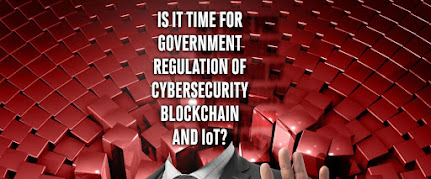The metaverse notwithstanding, the nexus between what happens on the internet, and what happens in the real, physical world, is disappearing. The blood-brain barrier between the two has broken. And every day, in our finances, in our interpersonal communications, in our entertainment, in our transportation, and even in what we eat, the connection between our digital world and our real world is further integrated.
Reactions to this vary from, “I’m terrified of everything; the government should control the internet,” to, “There is no privacy; do I have nothing to hide; and why should I care if I’m being served up greater convenience?” The fact is that vast sums of data on all of us are being collected, sometimes in the name of convenience, sometimes in the name of national security, and it’s unclear exactly what’s going on. It’s unclear where security theater starts, and real security begins.
In short, the cyber world presents 21st-century problems that have not yet been solved, much less, fully understood. We talk about that today with my guest, Bruce Schneier, a public interest technologist working at the intersection of security, technology, and people.











